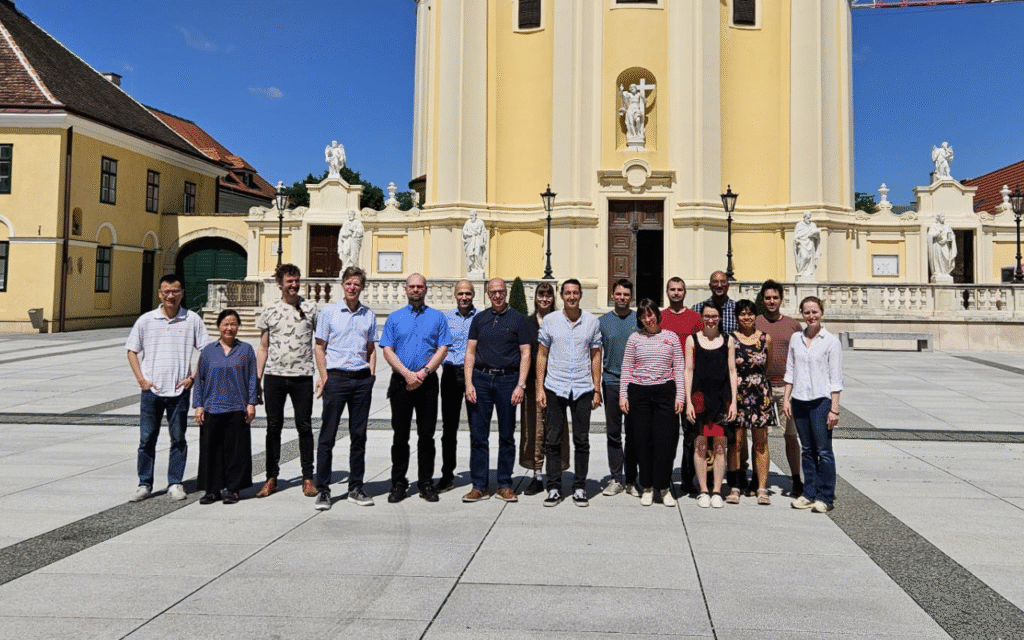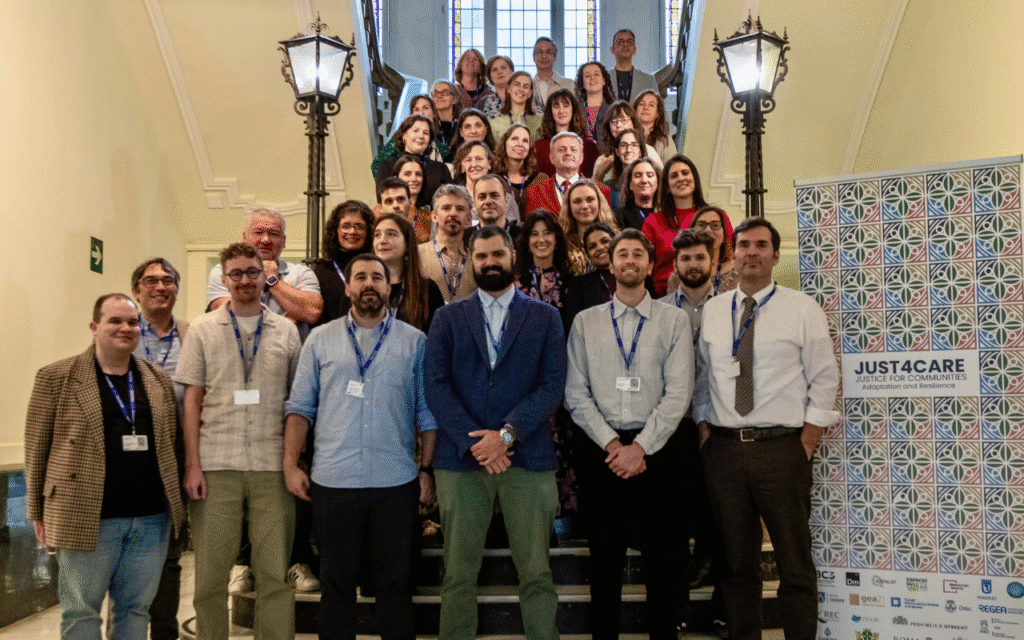The European Union and its Member States (MSs) have a fundamental need to understand how biodiversity and ecosystem functioning must be maintained to ensure that they deliver ecosystem services, goods and benefits, which in turn must be sustainably used by society. At the same time, MSs need to value these natural and social capital aspects of ecosystems.
In such efforts, as of the 1st of September 2022, the ARIES-Artificial Intelligence for Environmental Sustainability Team has started working on the MARBEFES Horizons project.
MARBEFES, which stands for MARine Biodiversity and Ecosystem Functioning leading to Ecosystem Services, is a 4-year Horizon-RIA project that was awarded by the EU Commission under the HORIZON-CL6-2021-BIODIV-01- Biodiversity and Ecosystem Services Call and will last until September 2026.
The project is coordinated by the INSTYTUT OCEANOLOGII POLSKIEJ AKADEMII NAUK (IO PAN) from Poland and involves a total of 23 highly experienced partners from 15 different nationalities (PL, NO, UK, NL, LT, EE, ES, IT, IE, RO, DE, FI, GR, BE and FR).
The project aims to advance our knowledge by linking marine biodiversity and its ecological structure and functioning to ecological and economic valuation.
As such, the overall aim of MARBEFES is to determine the links between the biodiversity and functioning of coastal and marine ecosystems and the resulting ecosystem services and societal goods and benefits. In this, it will achieve ecological and socioeconomic valuation through a validated set of innovative tools in a distributed toolbox (TRL 6) to enhance policy and governance to secure benefits for current and future generations.
MARBEFES will progress substantially beyond the current state-of-the-art understanding of the causes and consequences of the maintenance, loss and gain of biodiversity and ecological and economic value and the repercussions of this for the management and governance of European seas.
The project outputs and outcomes are based on developing and validating a set of ecological, economic, and socio-cultural valuation tools using existing and new information and data in 12 Broad Belt Transect (BBT) case studies. These cover the breadth of European marine biodiversity, from the Arctic to semi-tropical areas, across dominant habitats and iconic species, and from shallow to deep areas and encompass a range of socio-economic contexts.
As such, and through stakeholder co-creation for policy relevance, MARBEFES will show the tools to value different natural capital resources and inform planning from financial allocations to management and with monetary and non-monetary benefits.
BC3, through ARIES, will be primarily involved in the Ecological, social and economic valuation as well as in the integration and scenarios part of the project. The ARIES tool will be used as an integrated modelling platform to harmonize available and independently developed data to provide spatial-temporal analysis of local to regional scale changes in coastal and marine natural capital and ecosystem services under various scenarios.
Through its involvement in this project, ARIES aims to wider spread its AI approach for mapping, evaluating, and visualizing European marine natural capital in a global context. For the first time, ARIES will integrate marine species, processes and values into the tool, using data generated from the BBTs and outputs from the ecological and biogeochemical models.
This is nothing but just another example of ARIES being used in marine and coastal environments. However, this involvement is fast spreading to other marine-related ecosystems so, stay tuned for more ARIES-marine related advancements!







